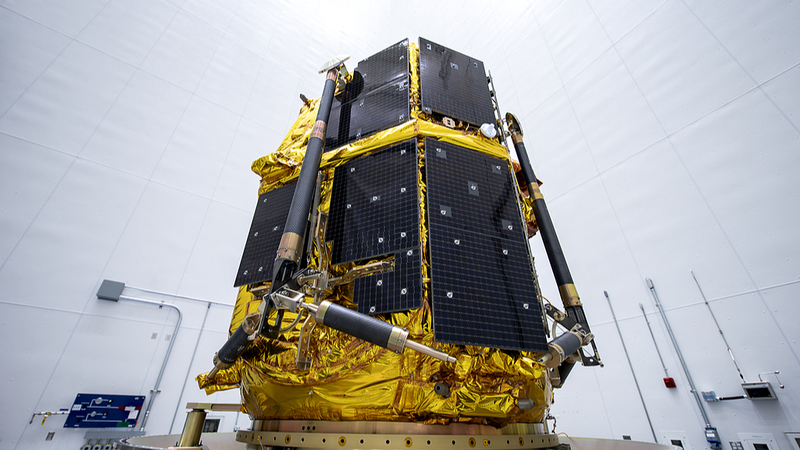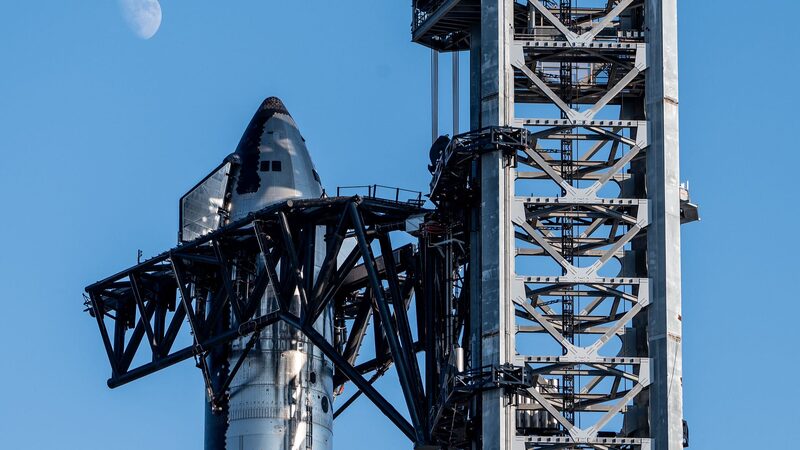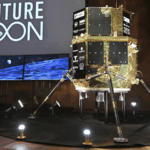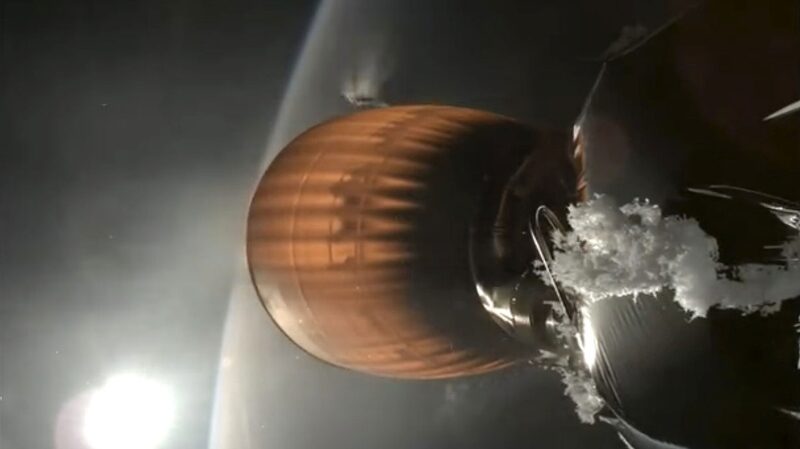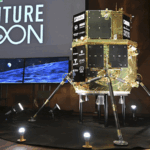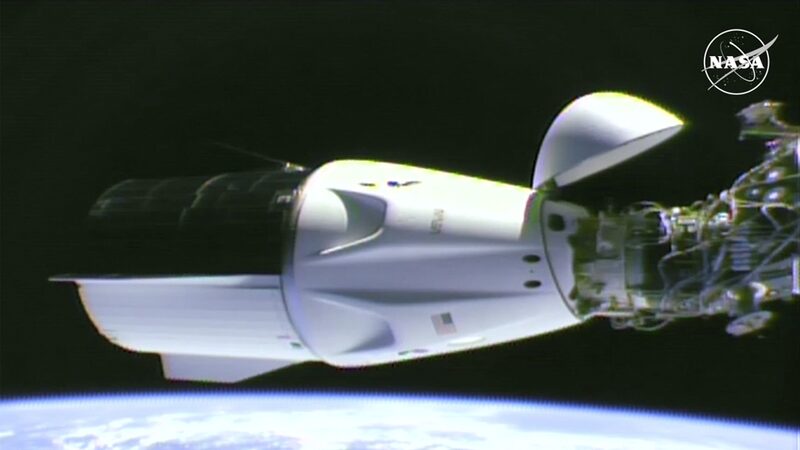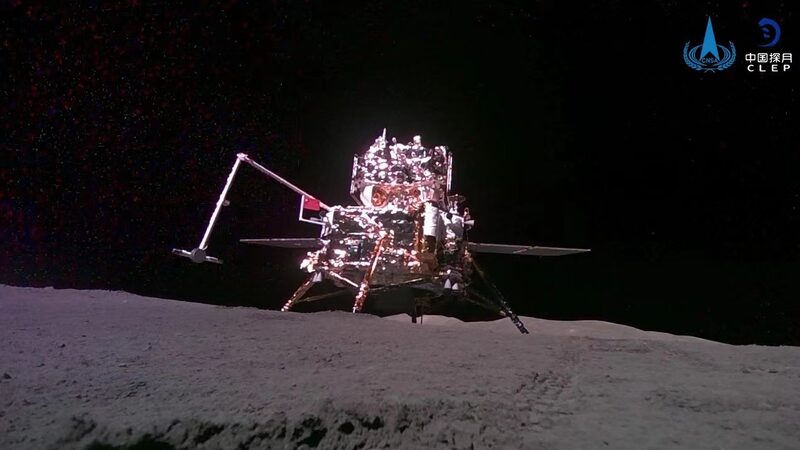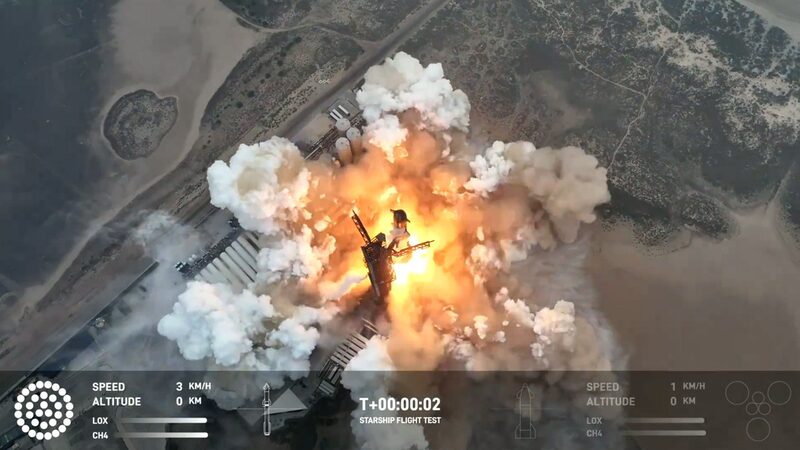Tokyo-based aerospace firm ispace announced its Resilience lunar lander has successfully entered the moon’s orbit, setting the stage for a historic touchdown attempt in early June. If successful, this mission will mark Japan’s first privately-led lunar landing and bolster Asia’s growing influence in the global space race.
The Resilience lander, launched in January via a SpaceX Falcon 9 rocket, carries a mini rover designed to analyze lunar soil and conduct experiments — a critical step toward sustainable lunar exploration. The mission follows a failed attempt by ispace in 2023 and builds on recent milestones by U.S.-based firms Firefly Aerospace and Intuitive Machines, which achieved mixed results in March landings.
"The countdown to lunar landing has now officially begun," stated ispace, underscoring the technical precision required to avoid repeating past setbacks. Analysts highlight the economic implications as companies vie to cement roles in lunar resource utilization, a market projected to reach billions by 2030.
For Asia’s tech hubs and investors, the mission underscores shifting opportunities in space infrastructure and research collaborations. Meanwhile, academic circles await data from the rover’s experiments to advance studies on lunar regolith and in-situ resource utilization.
As nations and corporations accelerate plans for moon bases and deep-space missions, ispace’s endeavor reflects Asia’s strategic push to lead innovations beyond Earth’s orbit.
Reference(s):
Private Japanese lunar lander enters lunar orbit for June touchdown
cgtn.com
